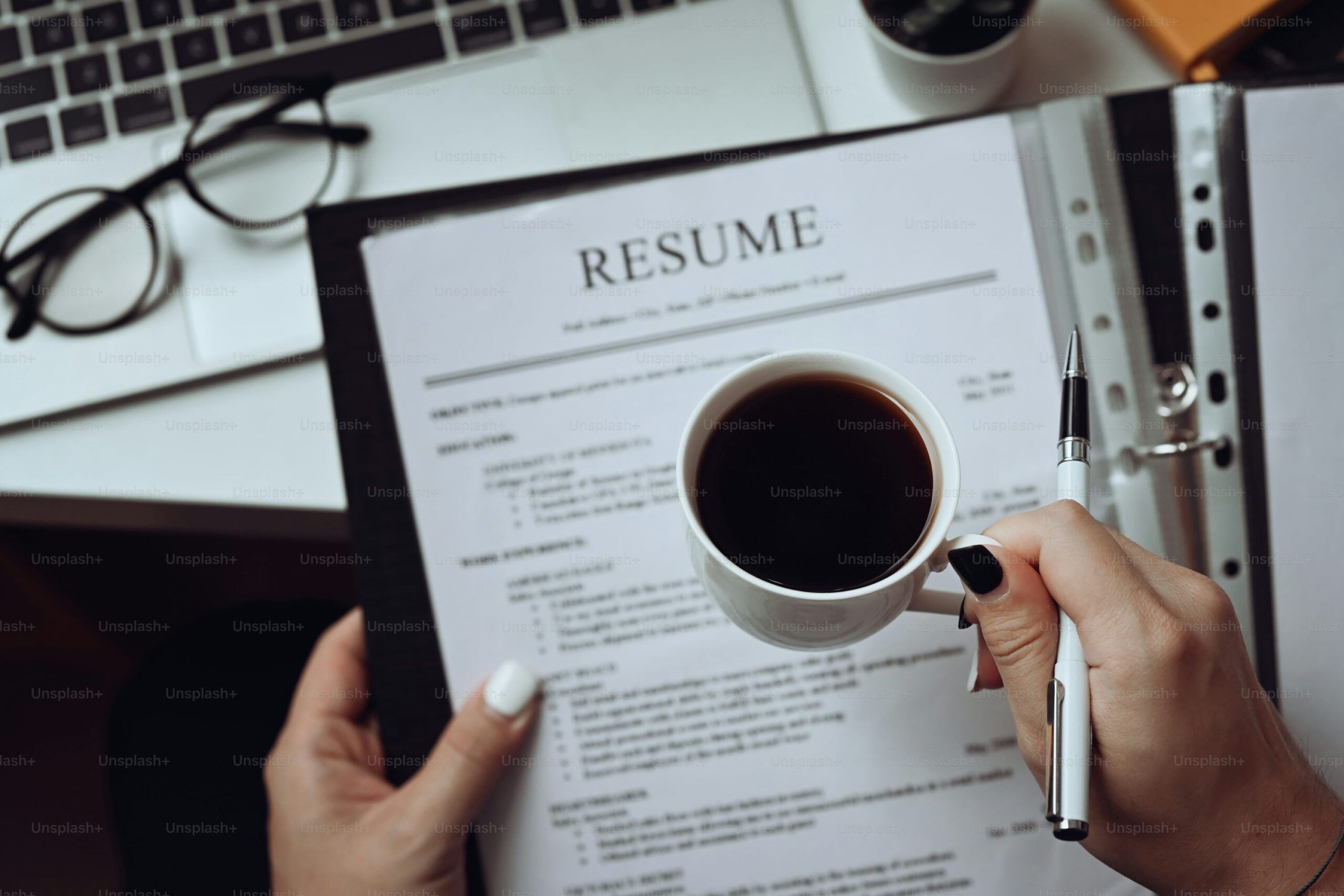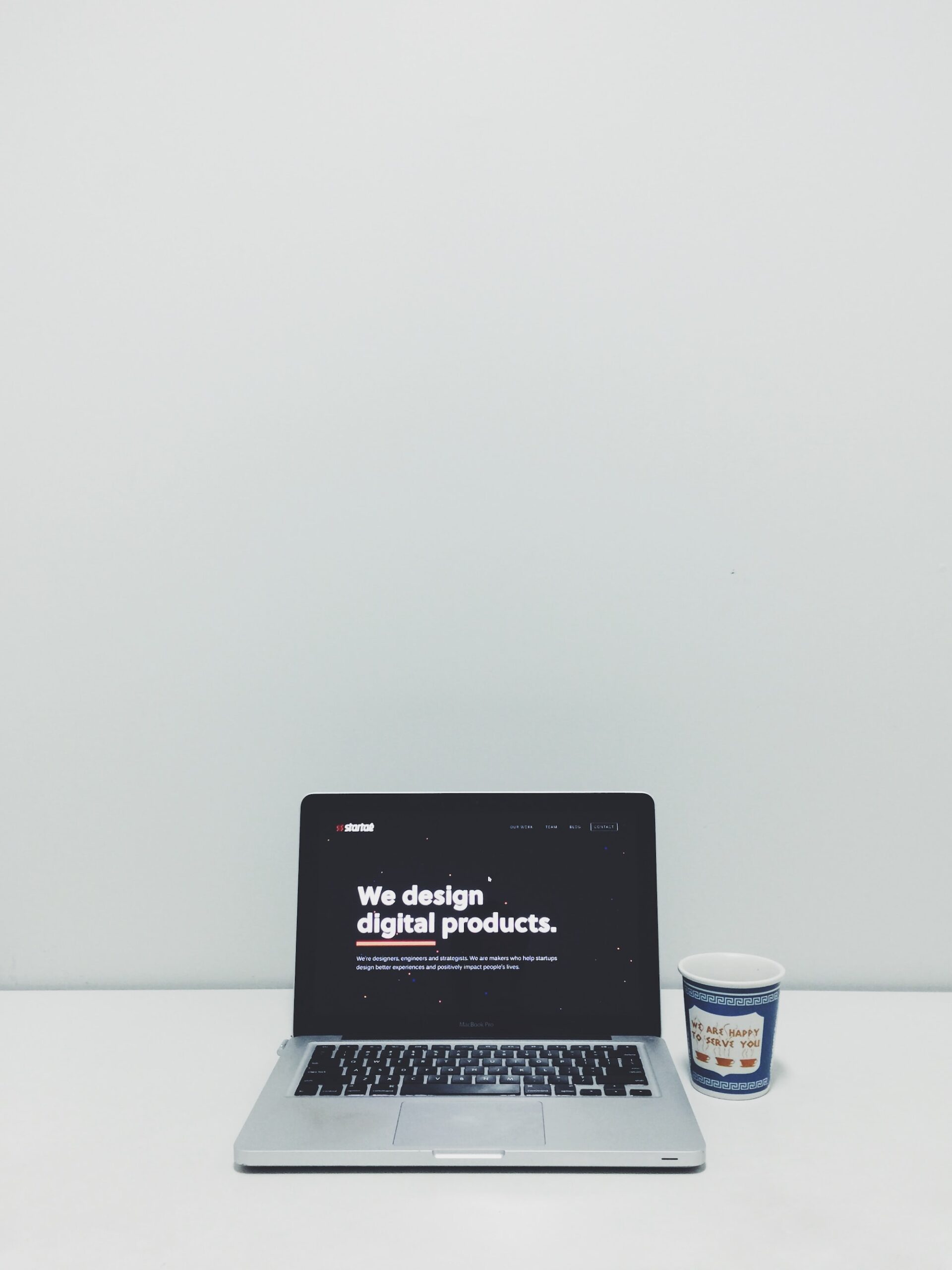A cover letter is one of the most important parts of a job application. It gives you a chance to show who you are, share your story, and explain why you fit the job.
I have seen many resumes get overlooked because the cover letter did not connect with the reader. Today, I want to share with you how to write a cover letter that makes your resume shine.
Why a Cover Letter Matters
A cover letter is your chance to speak directly to the hiring manager. It is not just a summary of your resume. Instead, it shows your personality and explains what makes you unique.
In fact, studies show that applicants who include a tailored cover letter are about 30% more likely to get an interview (source: Jobvite). I believe that a well-crafted cover letter can help set you apart from other candidates.
A good cover letter tells a story. It is an opportunity for you to:
- Explain why you are passionate about the job.
- Highlight how your experience aligns with the role.
- Show that you took the time to learn about the company.
- Introduce yourself in a friendly, genuine way.
Getting Started
Before you start writing, it is important to know a bit about the job and the company. Look at the job description carefully. Write down the skills and experiences that the employer is asking for.
Just Before You Go
Empower individuals to overcome barriers, gain essential skills, and secure gainful employment through our proven programs—KeelMaster, KeelWings, and KeelMate. Your support can spark change and build brighter futures.
Donate NowThis simple step helps me create a list of points to include in the letter. I also spend a few minutes browsing the company’s website or social media pages to understand its values and culture.
Know Your Audience
I remind myself that my cover letter is not for a computer or a recruiter with a heavy workload—it’s for a real person. The more I know about who will read my letter, the more I can tailor my message.
If you have any contacts at the company or can find the hiring manager’s name, that detail can make your cover letter feel more personal.
How Do I Write a Cover Letter For a Resume?
Here’s a simple guide to writing your cover letter:
1. Start with a Warm Greeting
Use the hiring manager’s name if you know it. If not, a simple “Dear Hiring Manager” works fine. I always make sure to check for any errors in spelling the name or title.
2. Introduce Yourself
Begin by stating the position you are applying for. Share a bit about your background and why you are interested in the role. This is your hook—make it genuine and enthusiastic.
Example:
“I am excited to apply for the Marketing Coordinator position. With three years of experience in digital marketing and a passion for creative campaigns, I am eager to bring my skills to [Company Name].”
3. Explain How You Fit the Role
This part is key. Highlight your skills and experiences that match the job description. I like to use one or two specific examples that show how I solved a problem or achieved success in my past work.
Tip:
Keep your examples short and relevant. Use simple language and avoid overly technical details unless they are crucial to the role.
4. Show Your Knowledge of the Company
Tell the reader why you want to work for their company. This demonstrates that you did your homework and are genuinely interested. I might say something like:
“I admire [Company Name] for its commitment to sustainability and innovation. I believe that my background in eco-friendly marketing strategies aligns well with your company’s goals.”
5. Close with a Call to Action
Finish your letter by inviting further conversation. Let them know you look forward to discussing how you can contribute to their team. A friendly closing line can make a big difference.
Example:
“I would love the chance to talk more about how I can help your team succeed. Thank you for considering my application.”
6. Sign Off
End with a simple closing like “Sincerely” or “Best regards,” and then your name. If you are sending an email, include your contact information underneath your name.
Formatting Your Cover Letter
A clean and professional layout makes a positive first impression. Here are some tips I always follow:
- Keep it to one page: Hiring managers often skim through applications. A one-page cover letter is concise and effective.
- Use a simple font: Stick to fonts like Arial, Calibri, or Times New Roman in 10-12 point size.
- Add space: Break up your text with short paragraphs and bullet points if needed. This makes it easier to read.
- Save as a PDF: This helps maintain your formatting no matter what device the reader uses.
Common Mistakes to Avoid
Even small errors can make a cover letter less effective. Here are some pitfalls I try to steer clear of:
- Typos and grammatical errors: Always proofread your letter or ask someone else to review it.
- Repeating your resume: Your cover letter should add something new to your application, not just restate your resume.
- Being too generic: A generic letter can feel impersonal. Take the time to tailor your letter to each job.
- Oversharing personal details: Focus on your professional skills and experiences. Keep personal stories short and relevant.
Additional Tips for a Great Cover Letter
- Keep the tone friendly: Write as if you are talking to someone in person. I find that a relaxed, conversational tone works best.
- Be honest: It’s important to be genuine about your skills and experiences.
- Use action words: Describe your achievements with words like “developed,” “managed,” or “created.”
- Show enthusiasm: Employers want to see that you are excited about the role and the company.
FAQs
Do I need a cover letter if the job application says it is optional?
Yes, a cover letter is always a good idea. It gives you a chance to explain why you are a perfect fit, even if it’s optional. Many hiring managers appreciate the extra effort.
How long should my cover letter be?
Aim for about three to four short paragraphs. Keep it to one page so that it’s quick and easy to read.
Can I use the same cover letter for different jobs?
It is best to customize your cover letter for each application. A little extra time to tailor your message can make a big difference in showing that you are truly interested in the job.
What should I do if I don’t have much work experience?
Focus on your skills, education, or volunteer experiences. Highlight any projects or accomplishments that relate to the job you are applying for. Even personal projects can help show your passion and abilities.
Should I include salary expectations in my cover letter?
Typically, salary discussions are best left for later in the hiring process. Focus on your skills and the value you can bring to the company.
Further Resources
If you want to learn more about cover letters, here are a few resources that I have found helpful:
- The Muse: A collection of cover letter examples that can inspire your own writing.
- Indeed Career Guide: Tips and sample cover letters that offer a variety of styles and formats.
- LinkedIn Learning: Courses and tutorials that provide detailed guidance on writing effective cover letters.
Wrapping Up
A cover letter is more than just a formality. It is your chance to explain why you are excited about a job and how you can add value to a team. By taking the time to write a thoughtful, tailored letter, you set yourself apart from the competition. I hope the tips and examples above help you feel more confident in writing your next cover letter.
So, how do you approach writing a cover letter that truly captures your unique skills and personality?
Just Before You Go
Empower individuals to overcome barriers, gain essential skills, and secure gainful employment through our proven programs—KeelMaster, KeelWings, and KeelMate. Your support can spark change and build brighter futures.
Donate Now



